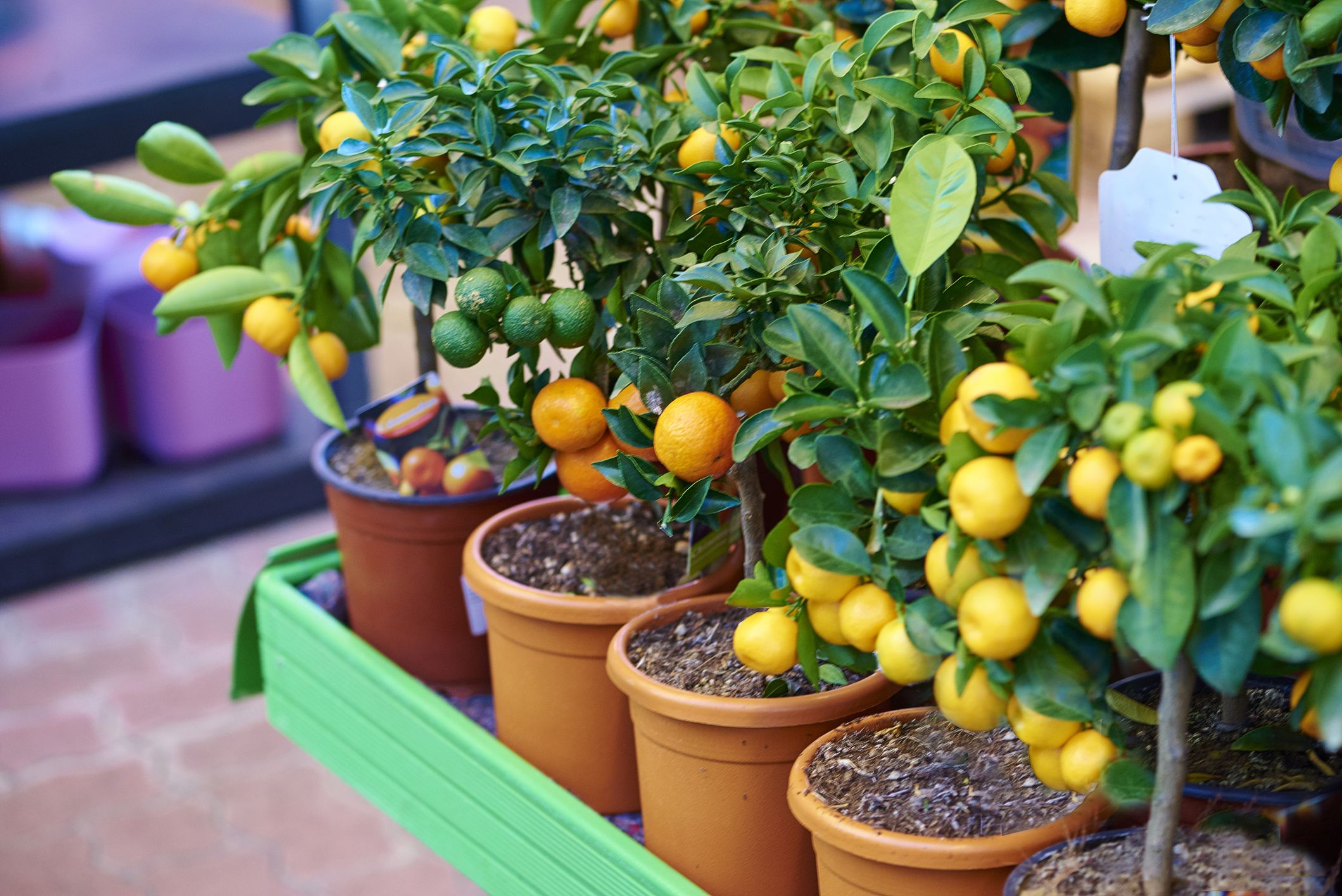The Role of Play in a Child’s Self Confidence
Most people are aware that play is crucial to a child’s development. Therefore, parents, schools and the government do a lot to ensure that children have a chance to play. The government maintains play areas that children of all age groups can access. Parents spend a lot of time and money giving their children the chance to learn through play. Schools use play as a means of getting children started and teaching them the basics. However, many people do not really consider the impact play has on the development of a child’s personality, their social skills and confidence.
The Role of Play in Social Development
Play is the way in which children develop many of their social skills. Playing with others automatically teaches them the need for give and take. They learn about the need to take guidance from others and to help others from time to time. Playing allows them to do things independently of their parents, which is also important for confidence.
Performing in front of classmates helps them to get used to asserting themselves and doing things that make them a little nervous. When they succeed, it builds their confidence. If they fail, they learn to bounce back cope with failure and try again.
Play develops physical skills and helps children to assess and manage risks.
How Childrens Educational Toys Help
Educational toys have a particularly important role. They provide a safe and easy way for children to learn the skills they need. Toys provide them a way to learn at their own pace and to learn by experimentation. This boosts a child’s confidence no end. The skills they learn form the foundation for the future. Many of the skills we use to earn a living are learnt at a very early age as a result of playing with educational toys.
Counting games and exercise books teach basic maths skills. Reading books and playing word games develop language and writing skills. They help children to use their imagination and to think outside the box. Physical play also develops children’s cognitive abilities and ensures they are able to think on the go.
Galt Toys sell a great range of childrens educational toys , which are suitable for children of all age groups.



